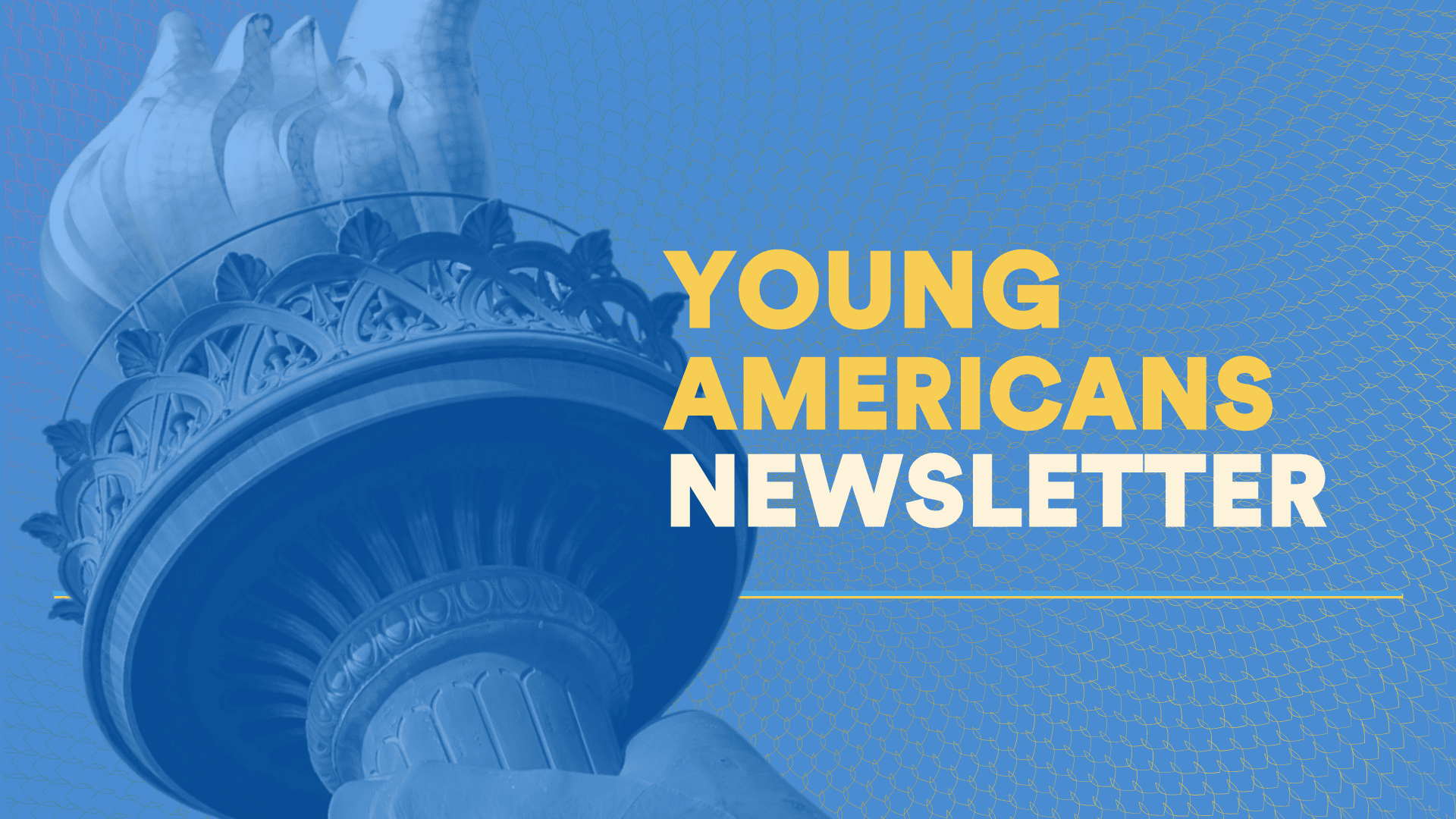In this commentary, American Promise Counsel Johannes Epke addresses the fundamental issue that concerns supporters of unlimited money in politics: Does limiting money in our political system limit free speech?
In a commentary published in the Mercury News on Feb. 27th, former California Assemblyman Mike Gatto explains he no longer supports amending the U.S. Constitution to address unlimited corporate political spending. His concerns about a hypothetical chilling of free speech pale in comparison to the very real and current wholesale destruction of our democracy and free speech rights of average Americans.
Mr. Gatto sets up a false dichotomy, arguing that we can either have elections free from the corrupting influence of corporate and special interest money, or we can have a free press. These are not mutually exclusive concepts, and indeed both are essential to a functioning democracy. We can and must have both.
Unchecked Power of Big Money
In 2010 the Supreme Court ruled in Citizens United vs. FEC that corporations and wealthy individuals have a Constitutional right to spend unlimited amounts of money in our elections. This decision led to the rapid ascent of independent expenditure-only political action committees—so-called “Super PACs.” In turn, this unregulated and often-anonymous outside spending has corrupted our political process and trashed the free speech rights of average Americans to an equal voice in our political process. What was intended as political equality—one person, one vote—has been perverted to give wealthy individuals and corporations much more representation in our government than the rest of us.
Understanding this, American people across the political spectrum overwhelmingly support an amendment to return American elections to the voters.
Mr. Gatto’s concern is that any amendment effective at limiting the influence of Super PACs would have the unintended consequence of destroying the free press. The argument is that if we try to limit the influence corporations currently wield in our elections through Super PACs, corporations will instead just cloak their political influence efforts as press corporations. If they do so, Mr. Gatto contends, the courts will have to distinguish between legitimate press and political operations masquerading as press, which could have a chilling effect on speech.
Today, the preferences of average Americans have essentially no impact on public policy, while the preferences of the economic elite are very well represented. This makes sense, given that only a tiny elite representing just 0.42% of Americans donates more than $200, yet this tiny group accounts for more than 70% of the money raised by federal candidates, parties, PACs and outside groups in the 2018 election cycle. It’s hard to downplay the disastrous impacts of the Citizens United ruling on the American political system, which is probably why Mr. Gatto doesn’t mention them at all.
Press vs Political Activity?
Mr. Gatto also inflates the difficulty in defining true press versus covert political activity. We charge the Supreme Court with interpreting what the Constitution means in so many important areas of our lives—“religion” within the meaning of the First Amendment, “unreasonable” search and seizure, “cruel and unusual” punishment—and creating clear and rational tests for what falls within these rights and what doesn’t. There is no reason to think that the Court will be unable to create a workable test to distinguish between legitimate press and attempts to mask political activity as such. For example, in the campaign finance arena, we have maintained clear lines about what kind of communications are regulated, based on factors like whether a communication expressly advocates for the election or defeat of a candidate, or if a political advertisement is run within the 60-day window before an election. While there may not be a convenient black-and-white bright line between the two, a perceived difficulty in defining press, or skepticism that our courts or Congress won’t get it right does not mean we should cede our experiment in American self-government—and our right to political equality—to the rich.
This definitional issue may seem more complicated for Mr. Gatto than it really is because it seems, at times, that he doesn’t fully understand what he’s arguing against. He writes “At this point, all but the most stubborn acknowledge that corporate money swaying public opinion is here to stay.” That’s not what Citizens United was about; there is a big difference between corporations swaying public opinion (advertising) and corporations swaying the outcome of an election (unlimited corporate Super PAC spending). By conflating these two concepts, intentionally or not, he makes our task sound much more difficult than it actually is.
Cross-Partisan Support
The last problem with Mr. Gatto’s piece is the framing. He implies that this is a partisan issue—it’s not. Several Republicans have co-sponsored proposals in Congress and many more have supported resolutions advancing the amendment in state legislatures. He also suggests that this is a top-down campaign, accusing advocates of misleading the people and being demagogic. In fact, politicians support this issue because the American people have demanded they do so, through grassroots action all over the country leading to the passage of nearly 800 local resolutions and 19 state resolutions, with more added every year.
A free press and elections free from undue influence of concentrated capital are not mutually exclusive concepts, and indeed we need both. If Citizens United is here to stay, as Mr. Gatto asks us to concede, then we must also concede the death of democracy, and the ascendance of oligarchy and plutocracy in the United States. I am unwilling to do so, and so are most Americans.






